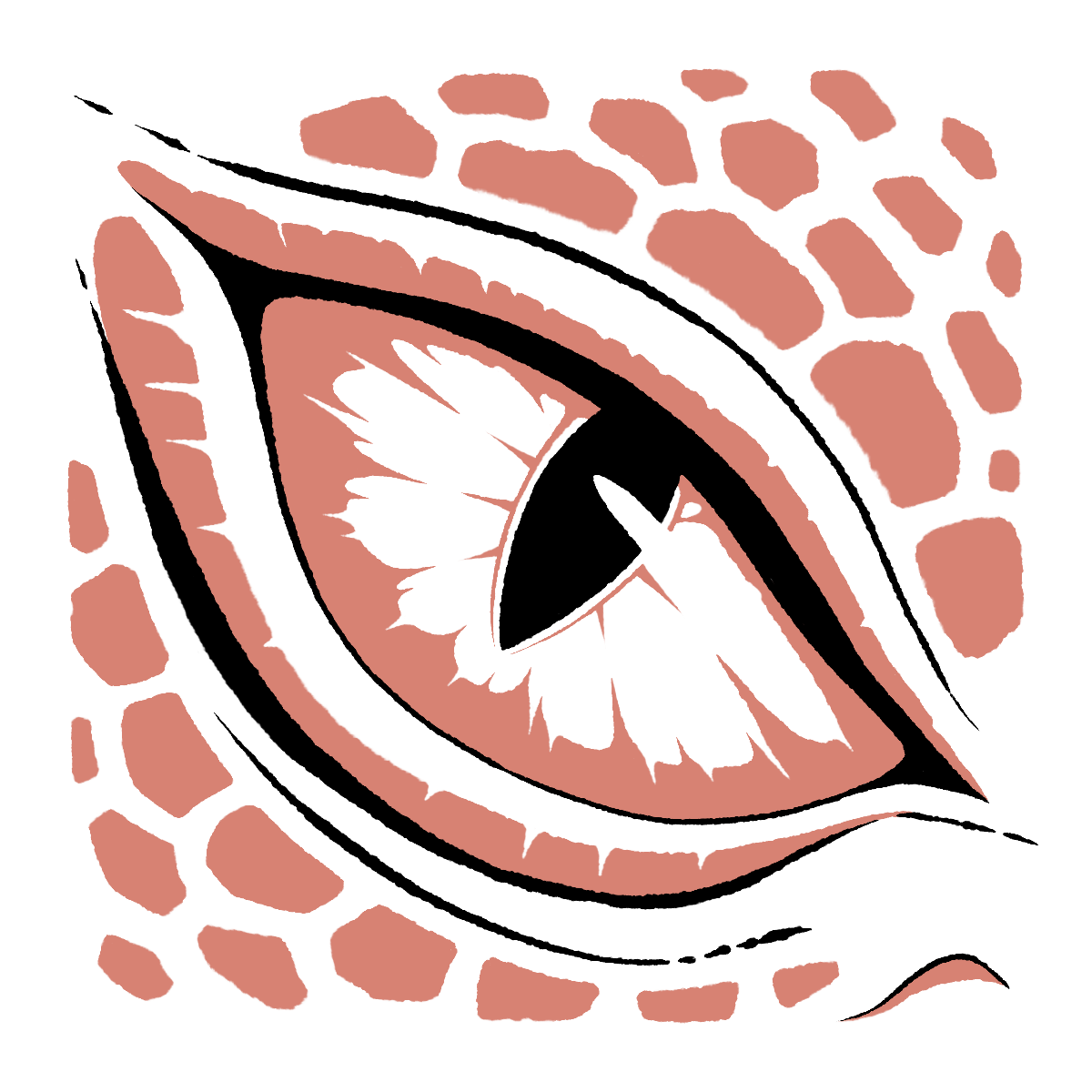
Adult Blue Dragon
If the dragon fails a saving throw, it can choose to succeed instead.
Actions
Each creature of the dragon’s choice that is within 120 ft. of the dragon and aware of it must succeed on a DC 17 Wisdom saving throw or become frightened for 1 minute. A creature can repeat the saving throw at the end of each of its turns, ending the effect on itself on a success. If a creature’s saving throw is successful or the effect ends for it, the creature is immune to the dragon’s Frightful Presence for the next 24 hours.
The dragon exhales lightning in a 90-foot line that is 5 ft. wide. Each creature in that line must make a DC 19 Dexterity saving throw, taking 66 (12d10) lightning damage on a failed save, or half as much damage on a successful one.
Legendary Actions
Dragons
No ear has escaped tales of the most fearsome beasts known as dragons. While many of these tales are old and these creatures are rare, dragons are quite real indeed.
Dragons appear in amazing variety, both in appearance and in temperament. Many are full of malice and greed while others are models of benevolent majesty and confident kindness. Reptile-like, most dragons are covered in scales of unusual toughness and savage beauty. Most grow ever larger as they age—in maturity reaching enormous size.
While dragons seem ready to rule all the lands, if they were so inclined, tales suggest that their ancient enmity with giants and humanoids keeps them in check. Even so, they often dominate the landscape surrounding their lairs.
Mind the Legends. Adventurers should familiarize themselves with the dangers of aggressive dragons they might encounter. While usually solitary, they are at their most defensive when guarding their lair, especially if there is a clutch of eggs. In addition to fearsome physical attacks, most dragons can use their breath as a weapon. You are advised to heed the local legends. It is best to know whether you are up against fire, lightning, icy cold, poison, acid, or some other danger.
True Dragons
While there are creatures, such as the wyvern, that are dragon-kin, a true dragon is the most majestic and formidable of beasts.
A true dragon is a reptilian creature with four legs and a pair of wings. They grow throughout their lives to enormous size and can defend themselves with a fiery, icy, poisonous, acidic or otherwise extraordinary breath weapon.
Chromatic Dragons
Chromatic dragons—vicious, greedy, and voracious—are the most feared of all dragons. They come in at least five color variants: black, blue, green, red, and white, each of which has its peculiar habitats and breath weapons.
Blue Dragons
Vainglorious blue dragons torment the inhabitants of the deserts and arid regions of our world. Blue dragons are fiercely territorial and desire to assert their will over all creatures within their self-designated domains.
A blue dragon’s coloration ranges from teal to cerulean or even indigo—with age becoming a deeper hue and ever more polished by desert sands. Filled with the same greed as the other chromatic dragons, blue dragons especially value gems, with sapphires and other blue stones and artworks being especially attractive to their sense of their own superiority.
Fully grown blue dragons crackle with electricity, especially when aroused. They are surrounded by the energizing smell of an approaching thunderstorm. An actual desert storm is likely to raise blue dragons to revel and writhe through tempestuous skies, wreaking gleeful destruction with their thunderbolt breath weapon on anything and anyone exposed to the elements.
A voracious appetite compels blue dragons to hunt in two distinct ways, both of which fill travelers with trepidation. When they take wing, they use their keen vision to scour the exposed landscapes of their territory for miles, leaving caravans, groups of humanoids, or even solitary creatures exposed and vulnerable. The second technique is terrifying to experience—blue dragons will bury themselves in desert sands or lie in wait inside a dry ravine only to ambush anyone or anything that approaches unaware.
Blue dragons lair in dry caves or occasionally in an abandoned structure large enough to shelter them. They cultivate relationships with humanoids who they can dominate to serve their will, but allow few, if any, sentient beings into their lairs, preferring instead to encourage desert creatures such as giant scorpions to provide an additional layer of menace.
Adult Blue Dragon
Not yet described
Known Relationships
Prey
Duplication and Templates
Want to make a new design starting from 'Adult Blue Dragon'? Want to apply a template?